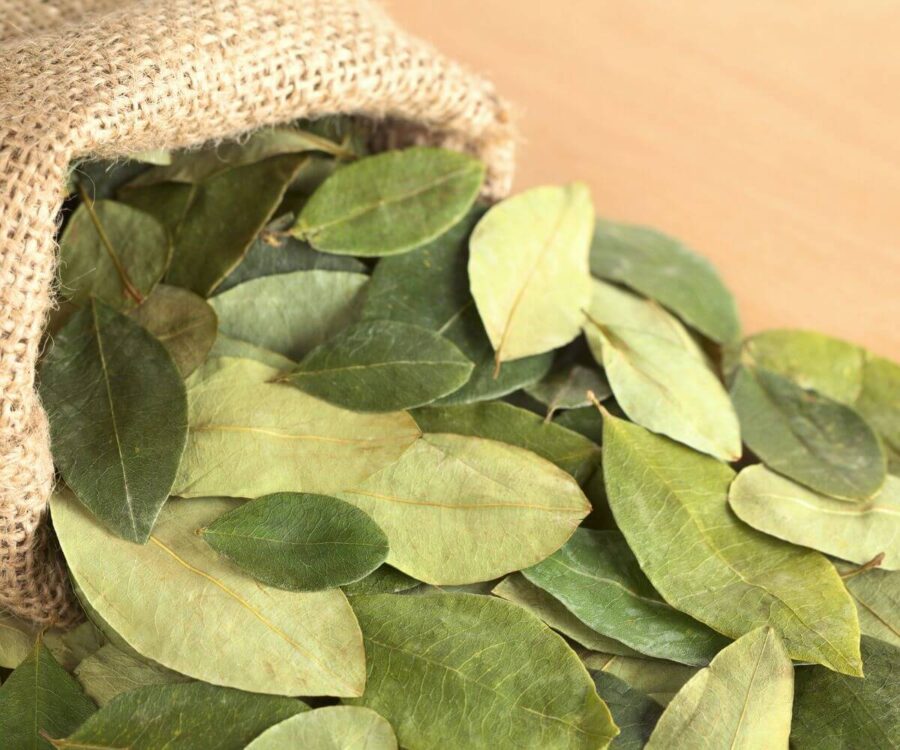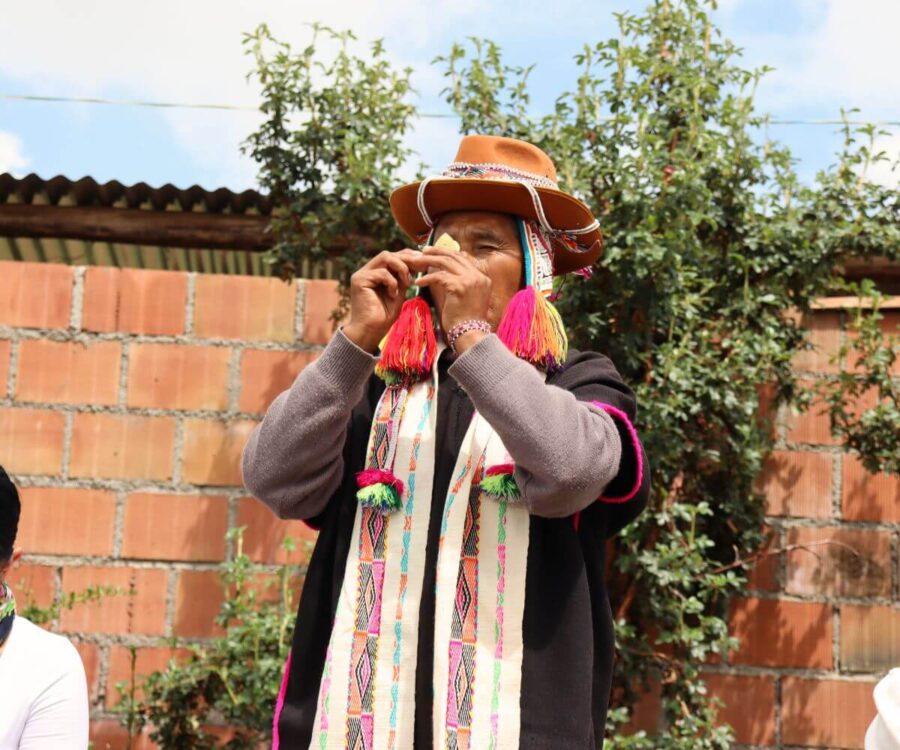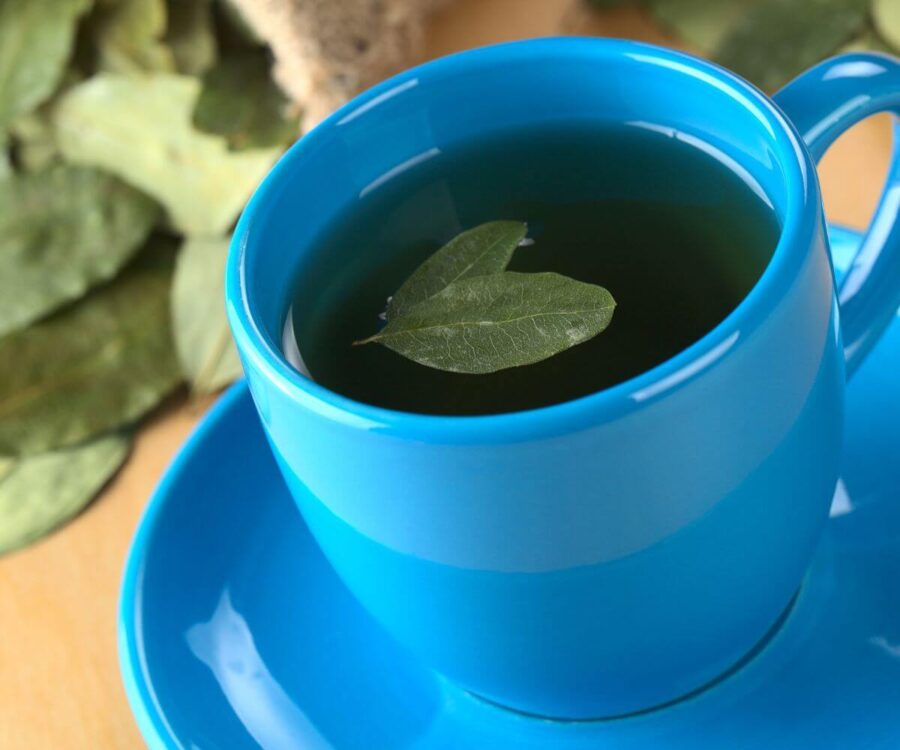The coca leaf is a natural product native to South America, used both in its fresh and processed forms for various medicinal, traditional, and cultural purposes. In its natural state, it helps improve health, especially in high-altitude areas. Learn more about the coca leaf.
Table of Contents
The coca leaf contains nutrients such as vitamins and minerals, and among its benefits we find:
Coca tea is consumed in Peru to relieve headaches and nausea; it also has digestive properties that help improve overall well-being in high altitudes. This infusion is a common practice among those who live in the Andean highlands.

The coca leaf contains low levels of alkaloids and includes antioxidants, minerals such as calcium, phosphorus, and iron, as well as nutrients that boost energy. Traditional consumption has a stimulating effect.
In Peru, the coca leaf is a symbol of connection with the earth and nature, used in rituals and offerings to the gods, representing strength and well-being. It is an essential element in the daily life of local communities.
The coca leaf has been cultivated and used in South America for thousands of years. For the Incas, coca held sacred value, being present in religious ceremonies and healing practices. It is a symbol of cultural identity for many Andean communities.
It is valued for its medicinal and energizing properties, helping locals combat altitude sickness and endure intense physical effort. It is common to see many Andean cultures offering the coca leaf to their ancestors.
The coca leaf is primarily cultivated in Andean countries such as Peru, Bolivia, Colombia, and Ecuador. These countries have the ideal climatic and geographical conditions for the plant’s growth. Coca cultivation is a traditional agricultural activity.
Andean communities have a close relationship with the coca leaf, which is seen as a means to enhance health, spirituality, and daily life. It is used in religious rituals, to alleviate altitude sickness, and as a natural remedy. Coca serves as a cultural bond that strengthens community identity.

The coca leaf is either chewed or prepared as an infusion to combat discomfort caused by altitude or fatigue. In rituals, it is offered to the gods to request health, good agricultural conditions, and prosperity. Additionally, it is used in traditional medicine to treat various physical ailments.
The coca leaf helps travelers adapt to high altitudes by reducing symptoms like dizziness and fatigue. It also improves oxygenation in the body, making it easier to acclimate to environments with lower oxygen pressure. Additionally, it relieves headaches and digestive discomfort commonly experienced at high altitudes.
During trips to high-altitude regions, the coca leaf is beneficial for preventing and alleviating altitude sickness. It improves circulation, provides energy, and aids digestion. These benefits make it an ideal natural remedy for those needing to quickly acclimate to the conditions of the Andean region.
For the Incas, the coca leaf was considered sacred, used in religious rituals as well as in daily life. Its consumption provided both practical and spiritual benefits, as it was believed to connect people with nature. Even today, it remains a cultural legacy.

There are currently various ways to consume it, such as:
Coca leaf tea is a popular beverage in Peru. It is prepared with dried leaves that are left to steep in hot water and consumed warm to obtain its medicinal properties.
Coca leaf candies are a popular way to consume the plant. The benefits of coca are numerous, and they are enjoyed by both locals and tourists in the Andean region.
Chewing the coca leaf is a tradition that releases its beneficial compounds. It is common among Andean communities, especially during planting seasons, and holds symbolic and cultural significance.
Coca leaf flour is used in the preparation of traditional foods. This flour retains the nutrients of the coca leaf, providing energy and digestive benefits. In some cases, it is included in the preparation of bread, cookies, and other products.
It is restricted in many countries due to the presence of alkaloids in the plant. Regulations vary by destination, so it is important to check the laws before attempting to transport coca leaves to another country.
